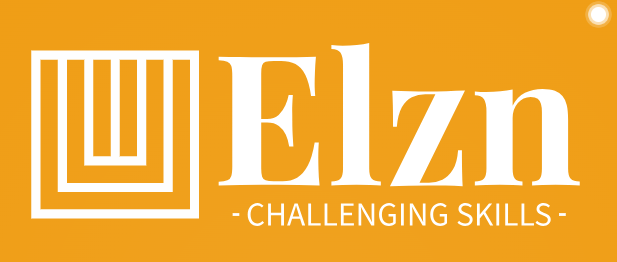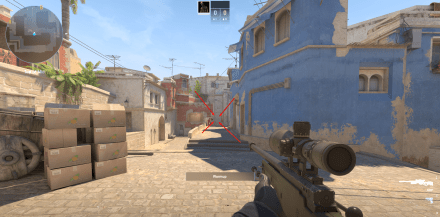The Future Of Gaming Meets Excitement In Immersive Online Fortnite Games
Gaming has evolved into an engaging experience where players are not just participants but active explorers of dynamic worlds. Immersive online Fortnite games offer a unique combination of action, creativity, and strategy that keeps players constantly engaged. These games provide a space where users can build, compete, and connect with others globally, creating a sense of community alongside entertainment. From interactive landscapes to customizable avatars, every element is designed to enhance the experience, making gameplay not only thrilling but also deeply personal. The future of gaming is here, and it is immersive, social, and endlessly exciting.
Key Features Driving Immersive Online Fortnite Games
- Interactive Gameplay: Players can build structures, strategize attacks, and navigate complex environments. This interactivity increases engagement and ensures that no two gaming sessions are the same.
- Creative Freedom: The ability to design maps, avatars, and in-game items allows players to express themselves while honing problem-solving skills.
- Competitive Edge: Tournaments and leaderboards motivate players to improve, creating an adrenaline-charged environment where skills and quick thinking are rewarded.
- Social Connections: Real-time communication and team-based missions strengthen collaboration, allowing players to build friendships and networks within the gaming world.
- Dynamic Updates: Regular game updates introduce new challenges, events, and features that keep the experience fresh and exciting.
Why Players Are Drawn to These Games
The combination of creativity, strategy, and social interaction creates a unique gaming ecosystem. Players enjoy:
- Skill Development: Enhancing reflexes, strategic thinking, and teamwork.
- Entertainment Value: High-quality graphics and sound effects make the experience immersive and enjoyable.
- Community Engagement: Shared experiences with friends and competitors increase motivation and connection.
- Exploration: Constant updates and evolving challenges maintain curiosity and excitement.
The Future of Online Immersive Gaming
As technology continues to advance, immersive online Fortnite games are likely to become even more engaging. Tutorials online clarify that a fortnite cheat can appear harmless, but consequences are serious. Developments in virtual reality, artificial intelligence, and cloud gaming promise to:
- Enhance the realism of in-game environments.
- Offer smarter AI opponents that adapt to player strategies.
- Enable smoother, high-quality experiences across devices.
- Support global multiplayer interactions with minimal latency.
The evolution of immersive online Fortnite games represents the next stage of gaming, where engagement, creativity, and social interaction merge seamlessly. Players are no longer passive participants; they are creators, strategists, and collaborators. With interactive gameplay, continuous updates, and a strong community focus, these games redefine entertainment and skill-building. The future of gaming is immersive, offering experiences that are both exciting and rewarding, and it promises endless opportunities for players to explore, compete, and grow.







